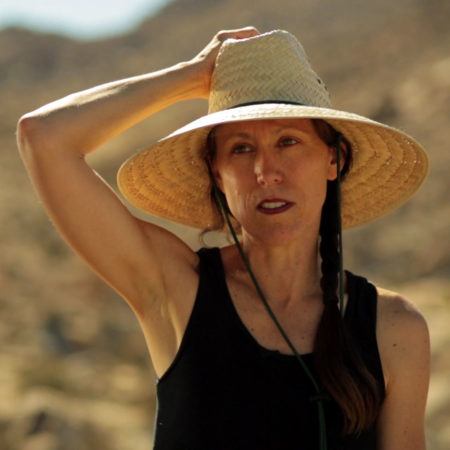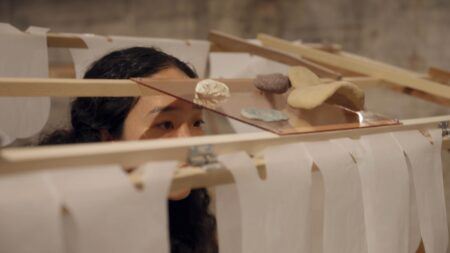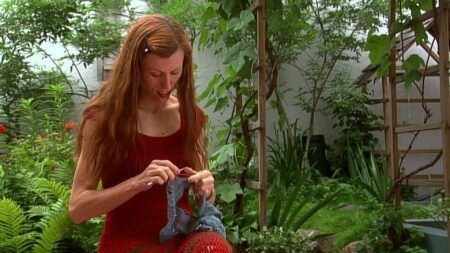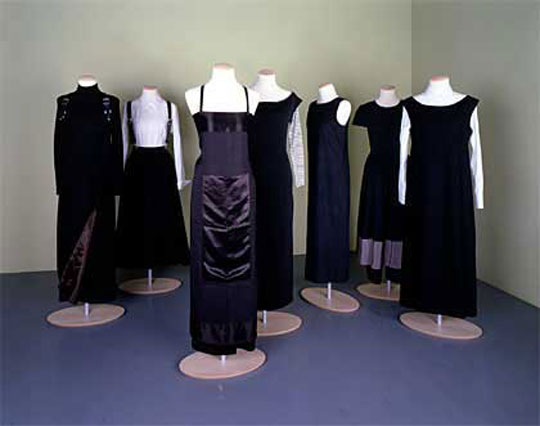Andrea Zittel

Andrea Zittel was born in 1965 in Escondido, California, and currently lives and works in Joshua Tree, CA. She received a BFA in painting and sculpture in 1988 from San Diego State University and an MFA in sculpture in 1990 from the Rhode Island School of Design. Zittel works at the intersections of design, art, and architecture to create a body of work that questions human nature and our construction of meaning, values, and social norms. Through textiles, furniture, and installation, the artist places self-imposed systems, rules, and restrictions in order to imagine alternative ways of living.
In her works, Zitell uses her belongings, wardrobe, and home as mediums to explore questions of human nature and consumer culture. In 1993, the artist founded A–Z Administrative Services, a one-woman mock organization that designed furniture, clothing, and vehicles as a means of better understanding our societal needs. “People say that my work’s about design or it’s about leisure, but really I think that the main issues are much less tangible than that,” the artist says. “The issues that I’m really interested in are human values and perceptions.” Whether crocheting one garment a season to liberate herself from having to make wardrobe choices, constructing a portable living unit that could be folded down to the size of a trunk, or creating containers that can be used for both eating and drinking, Zitell’s work act as means for the artist to reject consumer culture and its values. By creating standardized products of consumption, the artist looks past society’s inundation of choice in an effort to produce an alternative mode of societal participation, one that centers experimentation, innovation, and creativity rather than constant variety.
In addition to creating sculptures and textile works that discuss consumer culture, the artist also creates experiential works that use self-imposed rules and restrictions to consider alternative structures of living. “I am always looking for the gray area between freedom—which can sometimes feel too open-ended and vast—and security—which may easily turn into confinement,” says Zitell. A–Z West (2000) is an artwork located on 80 acres of desert next to Joshua Tree that functions as a testing ground and space for experimentation for Zitell and others to investigate our complex relationship between freedom and structure. Spread across the desert landscape, Zitell constructed A–Z Wagon Stations (2003-ongoing), small, collapsable, and easy-to-assemble living shelters. Due to the small size, and restricted qualities of these wagons, they evade housing codes, providing their inhabitants with the potential for greater freedom and autonomy. Through these experiences and experimentations, the artist questions how to live a meaningful life, using the environment, textiles, and design to propose alternative modes of living.
Videos 5
-
Andrea Zittel




